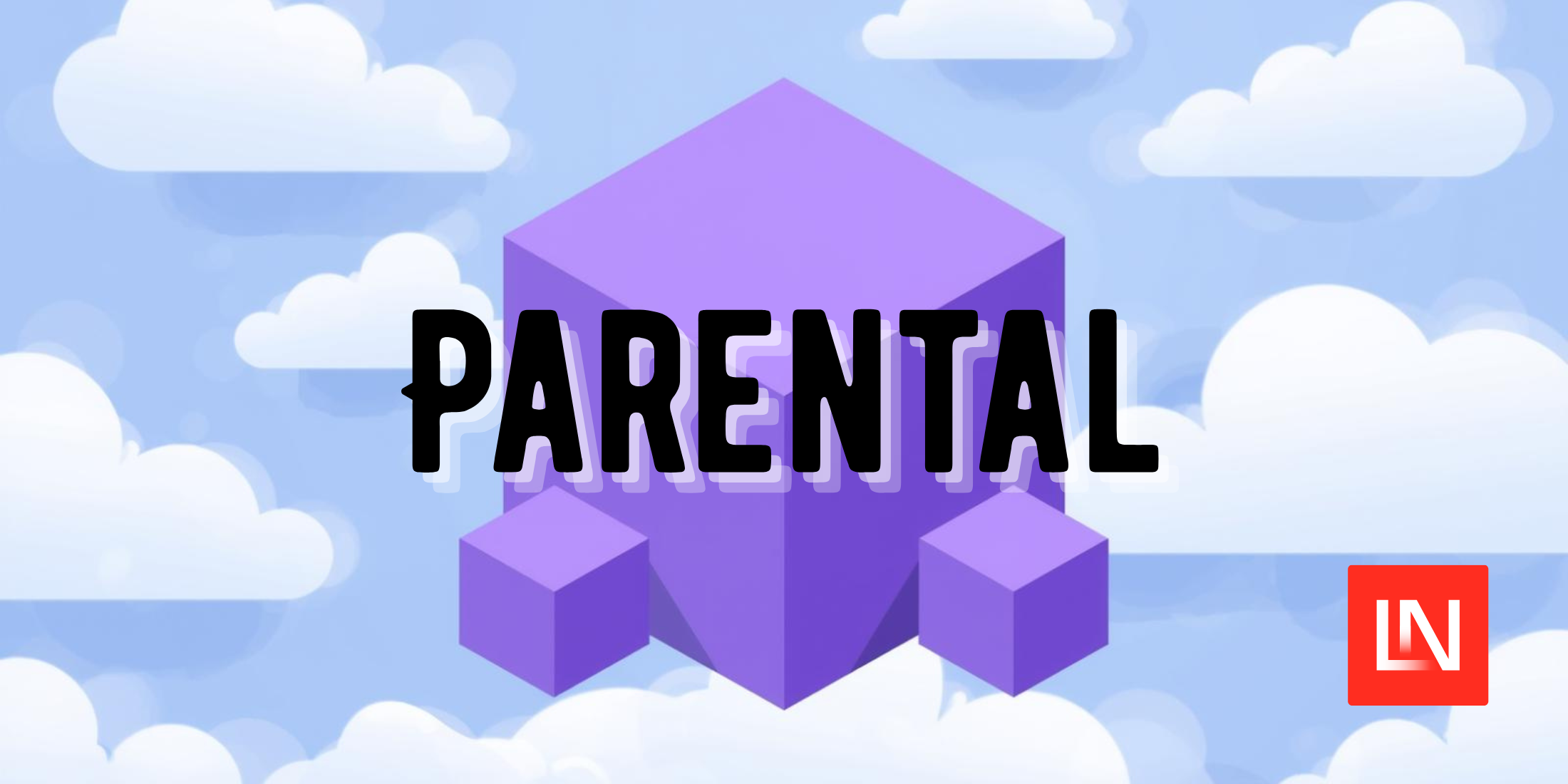Turning Conflict to Conversation
Conflict is a natural part of any relationship, especially those people we spend the majority of our time with. It’s no surprise, then, we might occasionally find ourselves in conflict with our coworkers. As uncomfortable as those moments of tension can be, they can be as beneficial as they are inevitable. When you do find yourself in a contentious situation, your reaction directly affects how the entire exchange will play out. This could mean the difference between coming to a resolution or destroying your relationship.
Consider the Common Goal
When conflict crops up, it’s easy to work solely on emotions and say something which exacerbates the issues. The big thing to remember is this: tensions arise when people disagree on the process, not the result. Think about it: when parents are arguing about their children, it’s not because both parties don’t want the best for their kids. It’s because they disagree on how to give them the best.
Reminding yourself that ultimately you are all working towards the same goal is the hardest part of conflict. Nobody wants to find common ground when they are upset, and we all want to prove ourselves to be the victor in a contentious situation. Introducing the concept of agreement, however, helps move the conversation from conflict to a solution. Often that solution is agreeing just enough to push the discussion forward; find your common ground This brings us to the most important action item all: talking.
Discuss the Problem
Maybe you’re nonconfrontational. It could be that you can’t find the necessary words to explain your side of the situation. Possibly, it’s because you don’t see the value in “starting an argument.” I understand how it feels to not want to initiate conflict. However, it’s extremely important to hash out differences of opinion. This is why you should talk to your coworkers when problems occur.
Before I discuss how to talk about issues further, I want first to highlight what not talking does to a group dynamic. Bottling things up makes us weak; by this, I mean we are more likely to give a little attitude here or slip in a snide remark there. If you’re the true silent type, then the silent treatment brings its own set of problems. Namely, refusing to talk halts any discussion on important topics. Probably the most telling, though, is the blow-up. Eventually, all those bottled up emotions we aren’t sharing are going to come out, and it will more than likely be in a way that will not help drive solutions.
Whether it’s an eye roll, a rude throwaway comment, or a full-blown burst of anger, all of these things chip away at a group dynamic. Consider how difficult it is to build trust on teams; it can take months or even years. When you avoid talking about conflict, that trust is in jeopardy. When you don’t trust your team members, collaboration wanes. If the collaboration isn’t there, you aren’t working at your best.
Instead of avoidance, choose discussion. Talking about problems means they are more than likely to be resolved. Here’s why: the chances of the person you are angry with knowing why you are angry are quite slim; telling them helps you get it off of your chest and helps them understand what’s going on. Conversing with your dissenter will also lead to a solution.
Speak With the Solution in Mind
How do we approach these conversations? After all, disagreements happen for any number of reasons. When you determine where the conversation went awry, you can then discern how to guide the conversation to a solution. More often than not, you disagree about something with an end goal. Take a moment to compose yourself and then propel the conversation forward. You do this by re-engaging that common ground you share: the final result.
The biggest takeaway here is this: talking is always better than silence. When you consider your common goal and speak with the solution in mind, you can advance the conflict towards a conversation and therefore a resolution.
Sharon is an empathy consulting, public speaker and writer. She has over a decade of experience creating and managing content for businesses. A lifelong stutterer, she utilizes her experiences with her speech along with her background in marketing to help companies communicate more effectively both internally and with their target audience. She writes and speaks about improving communication through empathy. She lives in Pittsburgh.











